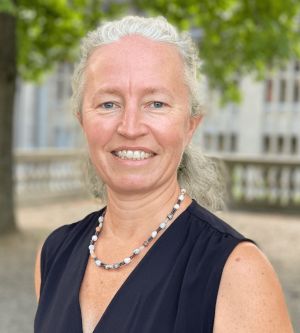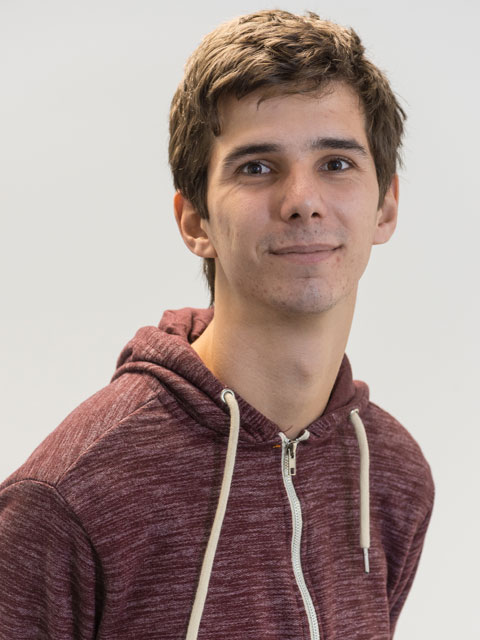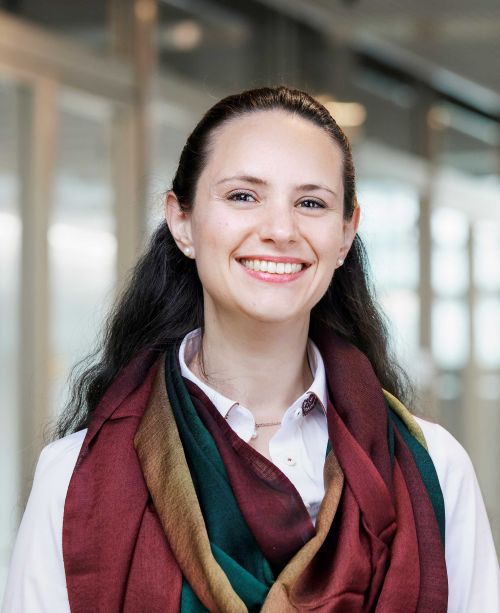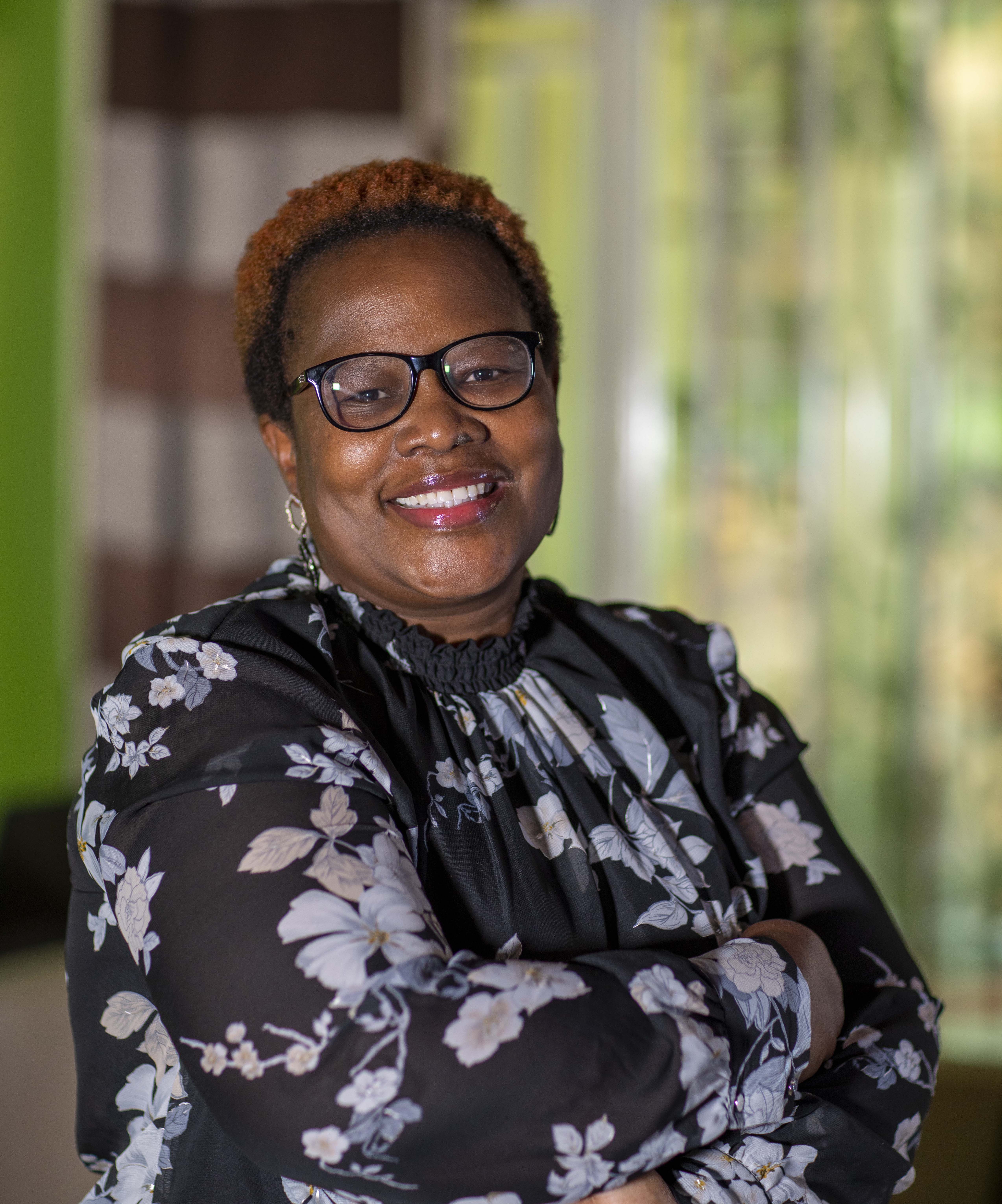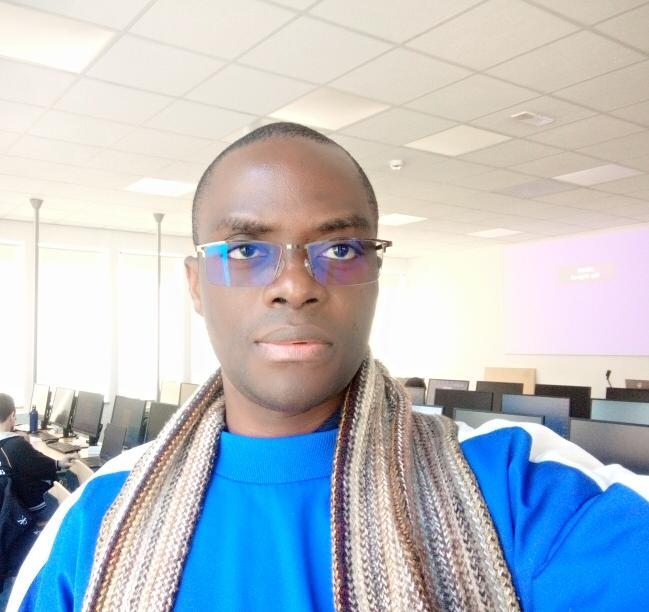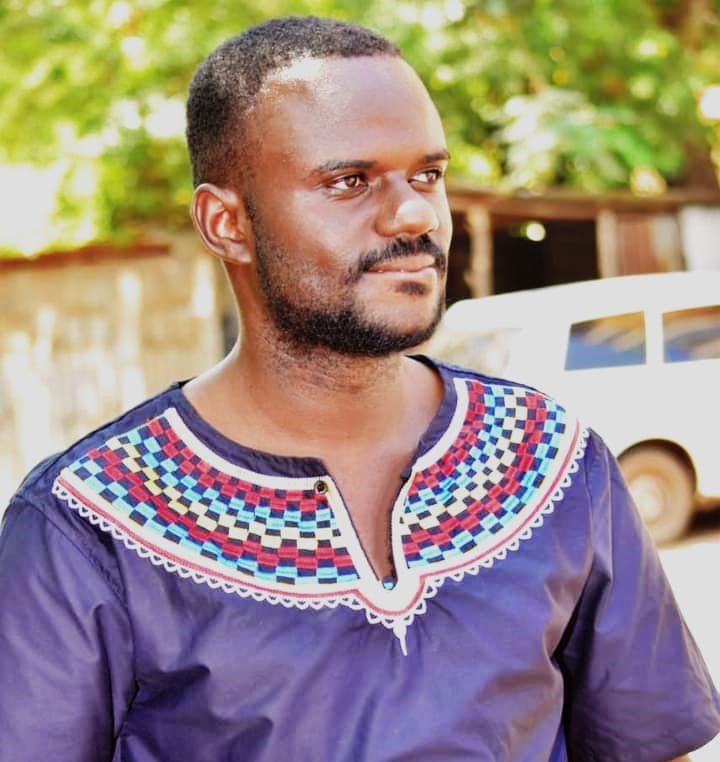- Home
- About
- Get Started
- Community
- Training and Events
- Projects
-
Case Studies
- Overview
-
2025
- Translating STACK questions with AI using DeepL
- The 3rd African STACK Conference for Undergraduate Mathematics
- Dynamic course notes using the STACK API
- Meclib supporting mechanical systems
- Integrating STACK questions into the PreText textbook authoring system
- The 2025 International Meeting of the STACK Community at Durham, UKs
- Supporting the African STACK Community - The INNODEMS Model
- The STACK Professionals Network - Building a Community of Practice for Sustainable Implementation
-
2024
- American Institute of Mathematics meeting on Open source mathematics curriculum and assessment tools
- The Second African STACK Conference for Undergraduate Mathematics
- Building a library of STACK functions for use throughout a linear algebra course
- Integrating STACK at the University of Trieste, Italy.
- Enhancing proof assessment in STACK through Parson's problems
- Experiences, Challenges and Opportunities of Online Mathematics Teaching with STACK at the University of Dar es Salaam, Tanzania
- 2023
- 2022
- 2021
- 2020
-
2019
- STACK for Engineering Mathematics and the Abacus Material Bank
- Adaptive Self-learning Exercises
- Institutional Support for STACK in Edinburgh
- Developing a Fully Online Course
- A Flick Interface for Maths Input
- Technical Integration of STACK Into ILIAS
- Promoting STACK Across Disciplines at Loughborough University
- Innovating Education in Maseno, Kenya
- STACK for a Physics Textbook
- STACK at Scale: The Open University
- optes: Optimising Self-study With STACK
- Demo
- Documentation

